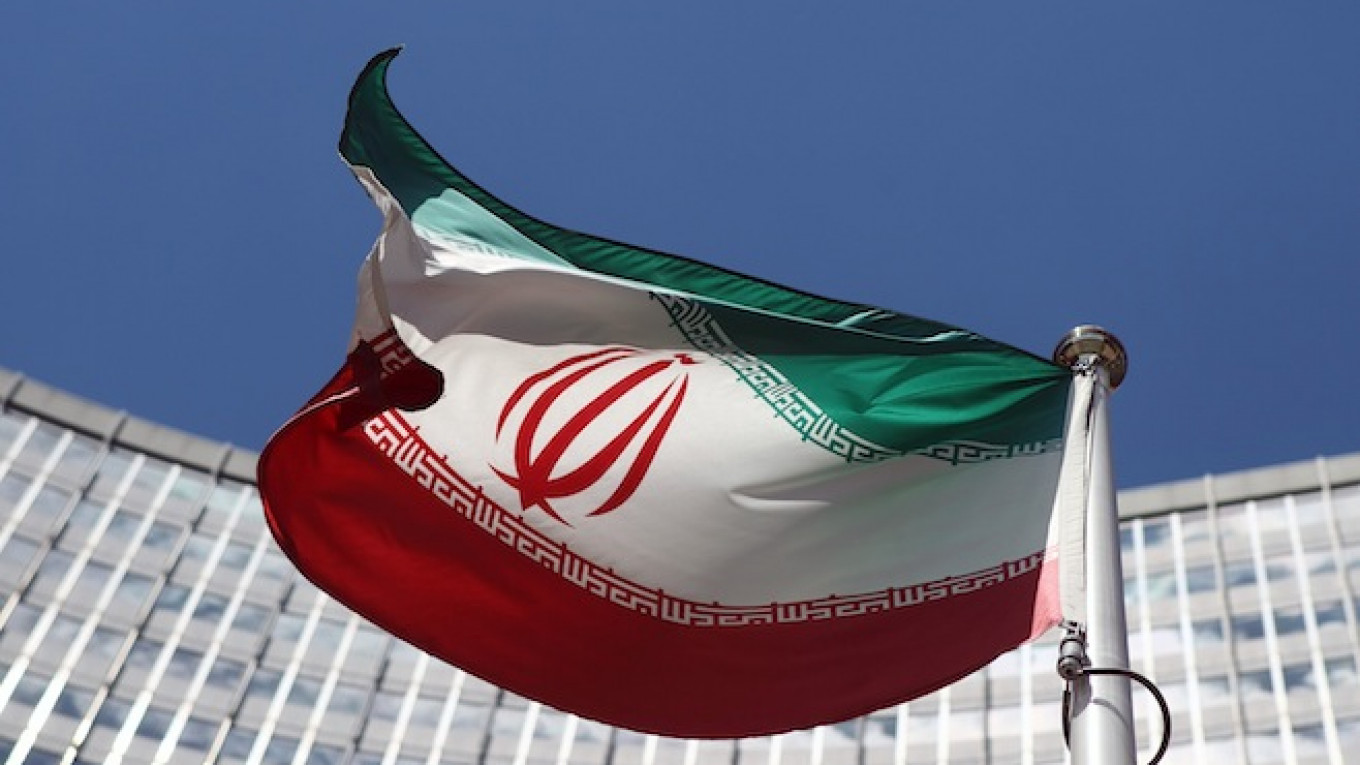Russia's UN envoy has said the next round of talks between Iran and six world powers on Tehran's nuclear program will be a two-week marathon session, while warning a panel of UN sanctions experts not to sabotage the final phase of the delicate negotiations.
Iran, the U.S., France, Germany, Britain, China and Russia are working to reach a long-term accord on ending the decade-old dispute over Tehran's atomic activities by a self-imposed July 20 deadline.
Russian Ambassador Vitaly Churkin told the UN's Security Council on Wednesday that negotiations are scheduled to run from July 2 to July 15 in Vienna. Other senior officials close to the talks confirmed the talks are expected to last two weeks.
Speaking about the previous round of negotiations, June 16 to 20, Churkin said "it was very useful and confirmed the overall readiness to continue cooperating in a constructive vein." He predicted that their readiness for cooperation would continue in the talks beginning next week.
The long period set aside for the negotiations between Iran and the U.S., Britain, France, Russia, China and Germany may be an indication both of how difficult it will be to overcome the differences between Tehran and the six — and the parties' determination to get a deal.
The stakes are high in the talks resuming on July 2, as the powers seek a negotiated solution to a more-than-decade-long standoff with Iran that has raised fears of a new Middle East war and a regional nuclear arms race.
Churkin sharply criticized the UN Panel of Experts on Iran, which monitors compliance with the Security Council's sanctions regime, saying "any information not backed up by concrete facts … could have a negative impact on the conduct of negotiations of the group of six and Iran."
The panel's latest findings were made public earlier this month. Reuters reported on the panel's report in May, when the experts noted that Tehran's illicit procurement appeared to have slowed during its negotiations with the six powers, though Iranians continued to attempt to bypass sanctions.
They also accused Iran of pursuing its ballistic missile program in violation of UN sanctions imposed on Tehran for refusing to suspend its uranium enrichment program. Iran says enrichment is part of a peaceful nuclear program.
The panel urged countries to clarify the status of UN sanctions in the event of a deal with Iran that would see them gradually eased in exchange for curbs on Iranian atomic activities. It said some states were confused about the status of sanctions after a preliminary deal agreed last year.
Churkin was dismissive of that and other recommendations.
"This is an issue that is outside their mandate," he said. "The [experts] should not interfere in this extremely sensitive process. And in particular it is unacceptable to pre-judge its outcome."
Churkin reiterated Russia's commitment to a positive outcome of the nuclear talks.
Other council members praised the work of the experts, as did Australian Ambassador Gary Quinlan, chairman of the council's Iran sanctions committee.
See also:
A Message from The Moscow Times:
Dear readers,
We are facing unprecedented challenges. Russia's Prosecutor General's Office has designated The Moscow Times as an "undesirable" organization, criminalizing our work and putting our staff at risk of prosecution. This follows our earlier unjust labeling as a "foreign agent."
These actions are direct attempts to silence independent journalism in Russia. The authorities claim our work "discredits the decisions of the Russian leadership." We see things differently: we strive to provide accurate, unbiased reporting on Russia.
We, the journalists of The Moscow Times, refuse to be silenced. But to continue our work, we need your help.
Your support, no matter how small, makes a world of difference. If you can, please support us monthly starting from just $2. It's quick to set up, and every contribution makes a significant impact.
By supporting The Moscow Times, you're defending open, independent journalism in the face of repression. Thank you for standing with us.
Remind me later.






